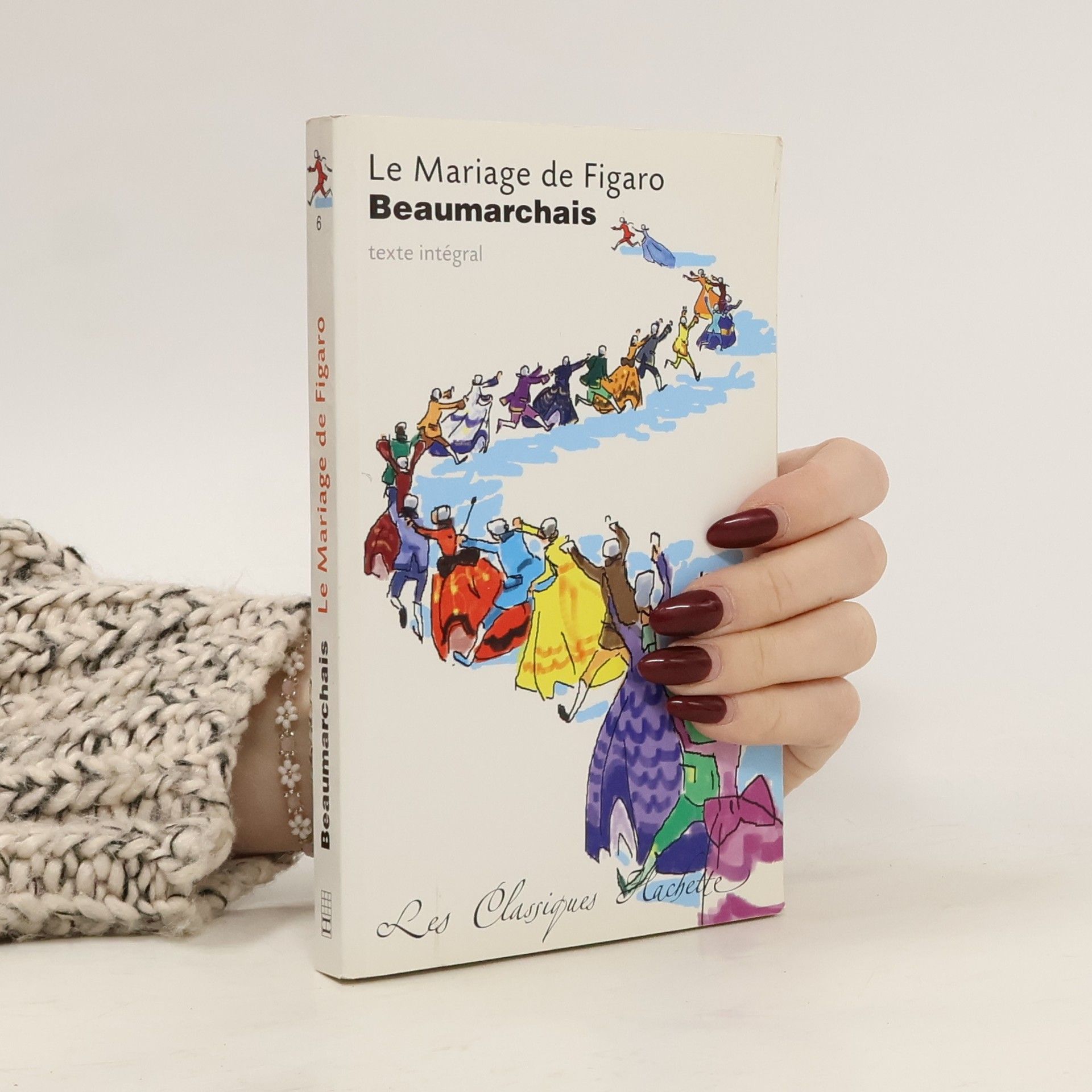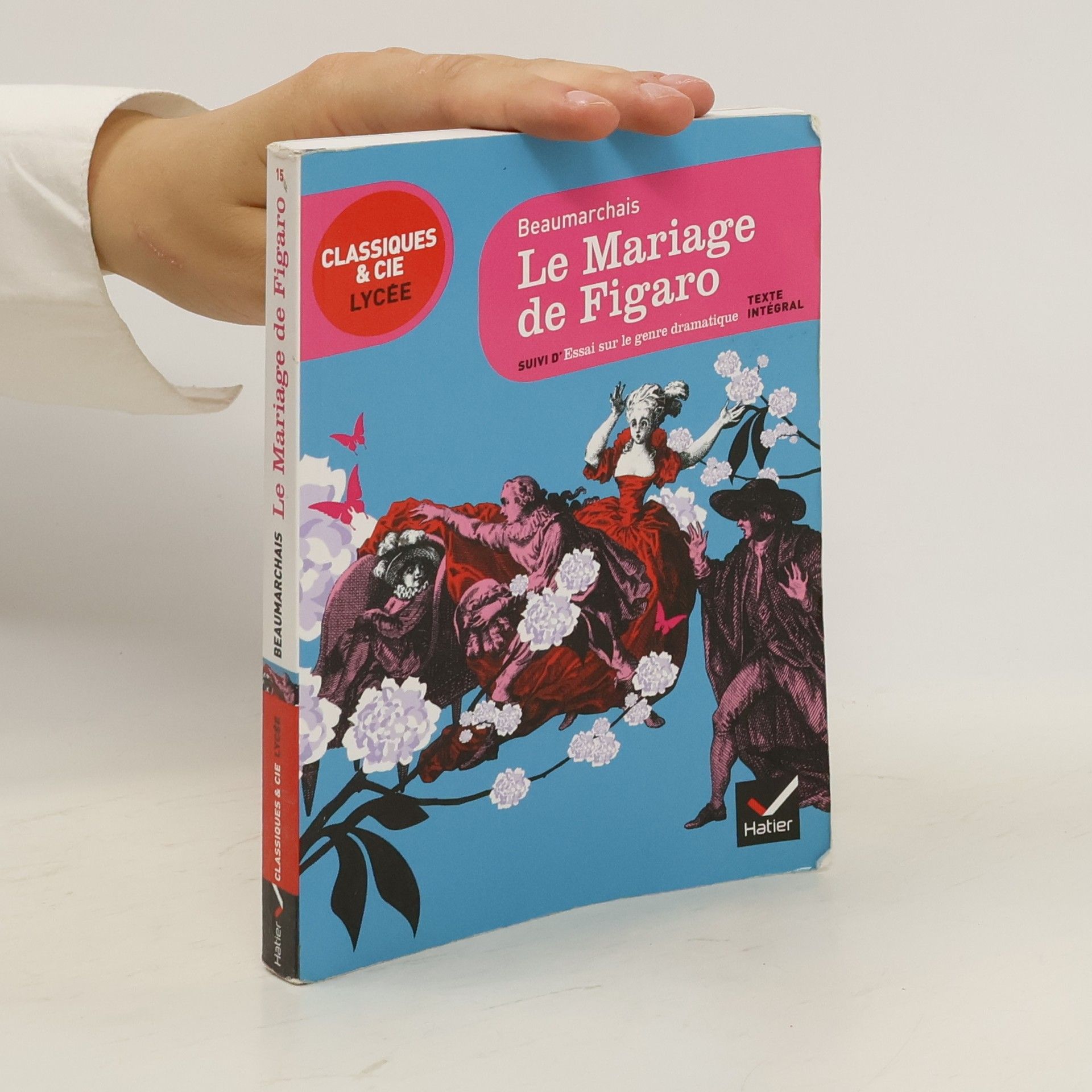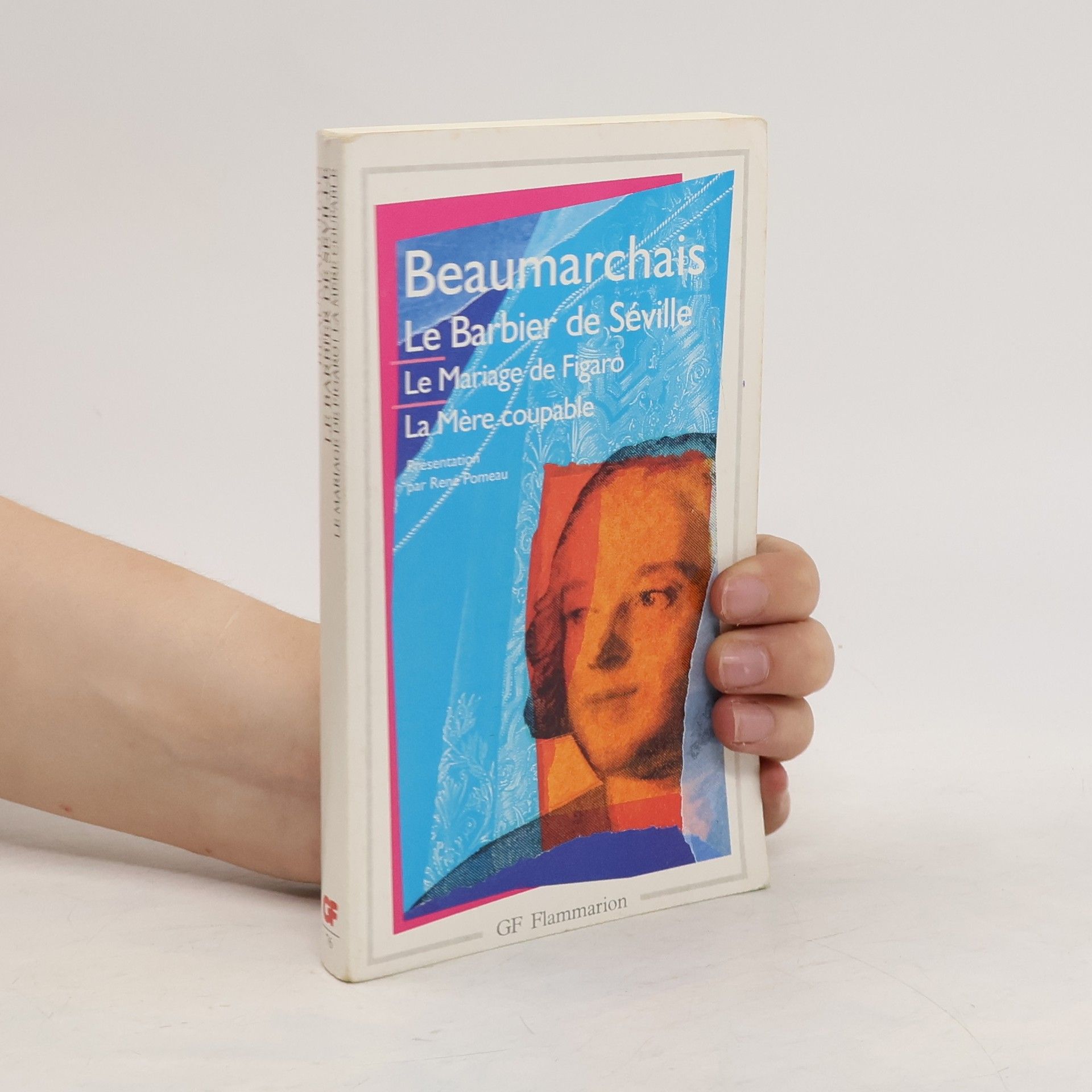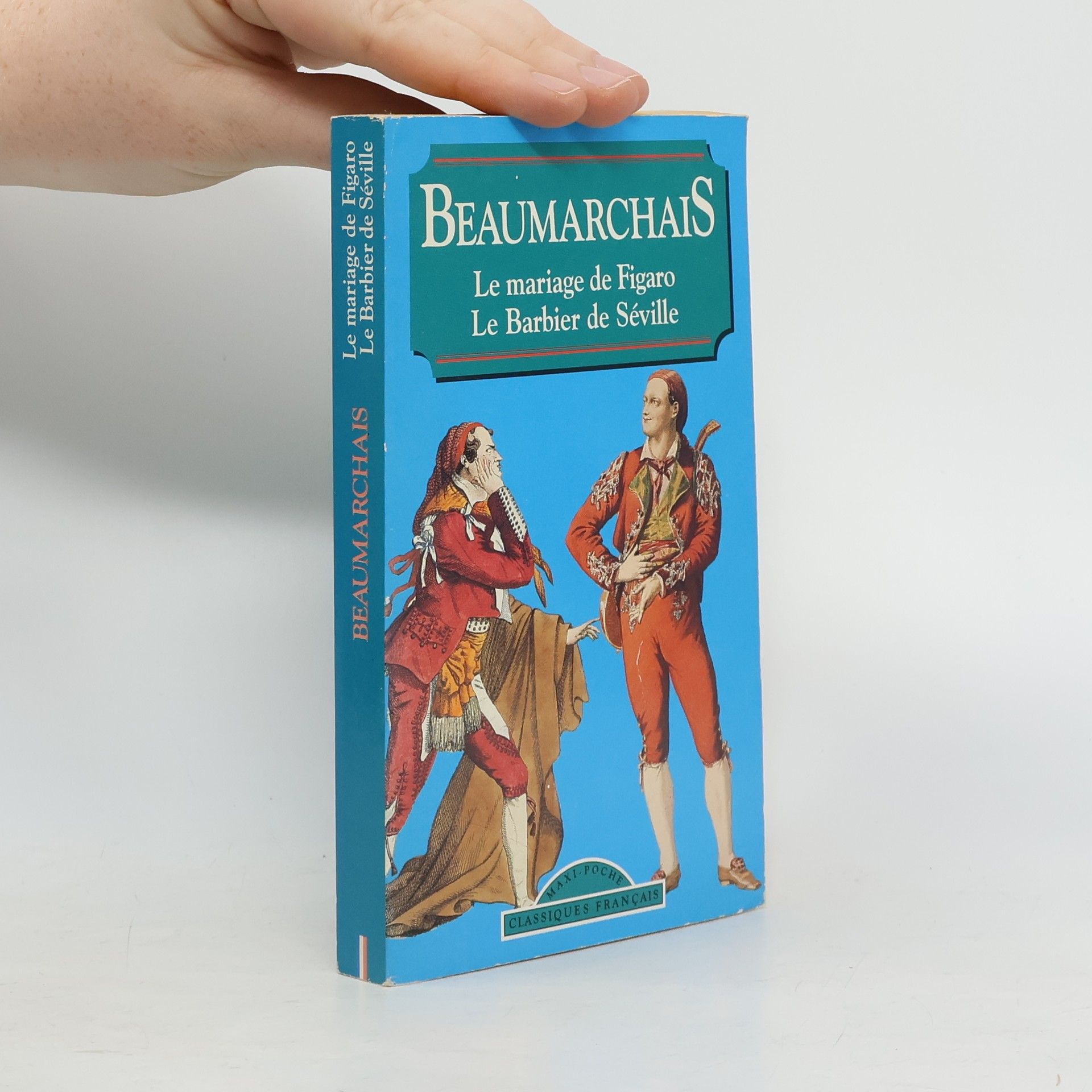The Figaro Plays
- 320 pages
- 12 hours of reading
[Beaumarchais'] fame rests on Le Barbier de Seville (1775) and Le Mariage de Figaro (1784), the only French plays which his stage-struck century bequeathed to the international repertoire. But his achievement has been adulterated, for 'Beaumarchais' has long been the brand name of a product variously reprocessed by Mozart, Rossini, and the score or so librettists and musicians who have perpetuated his plots, his characters, and his name. The most intriguing question of all has centered on his role as catalyst of the Revolution. Was his impertinent barber the Sweeney Todd of the Ancien Régime, the true begetter of the guillotine? . . . Beaumarchais' plays have often seemed to need the same kind of shoring up as his reputation, as though they couldn't stand on their own without a scaffolding of good tunes. Yet, as John Wells' lively and splendidly speakable translations of the Barber, the Marriage, and A Mother's Guilt demonstrate, they need assistance from no one. [Beaumarchais] thought of the three plays as a trilogy. Taken together, they reflect, as John Leigh's commentaries make clear, the Ancien Régime's unstoppable slide into revolution. --David Coward in The London Review of Books









